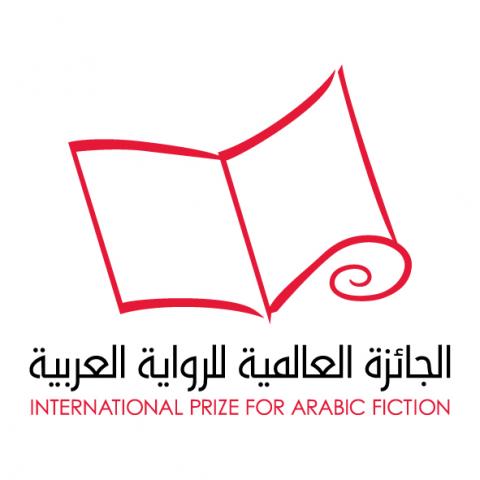Interview with longlisted author Ahmad Abdulatif
14/02/2018

When did you begin The Earthen Fortress and where were you when you finished it?
The idea of The Earthen Fortress had been in my mind for nearly twenty years. That is when I began to study Spanish literature and history from medieval times until the twentieth century. It was very noticeable that historical sources about the Moriscos [descendants of Spain’s Muslim population] were rare and that facts about their history were in the hands of their conquerors - that is, the Catholic kings and those who came after them until the final expulsion of the Moriscos. From then on, I became preoccupied with religious minorities and how they can pay a heavy price for the simple fact of their religious belief. I began to read the history of Andalucia from the arrival of the Arabs until their final expulsion in the 17th century, without any intention of writing a novel.
Then I noticed that the situation when the Moriscos were expelled was no different from the current state of the Arab world and that the present is merely a repeat of the past, with its sectarian kings and the struggle for power. During this struggle, abandoning minorities and persecuting them was a common practice. Gradually, the ideas of the novel began to form, before I began writing it. Then there came the Arab Spring revolutions, and unexpectedly the idea began to widen in scope, and history repeated itself on more than one level, with the minorities paying the price. I started to think that the Arab revolutions which had begun for the sake of freedom, ended in greater oppression, and the religious minorities were caught in the middle, just like the Moriscos. In 2014, I began writing The Earthen Fortress and after a few months I went to Spain, where I visited all the cities the Moriscos had lived in: Granada, Jaén, Toledo, Madrid, Seville, Cuenca, Cordoba and others. I lived in each place for several months before settling in Madrid. There, I studied the archive of the Inquisition and historical sources which helped me to imagine the novel’s place and time. Since usually it is the ruling power which writes history, I thought about writing a novel told by those who were defeated; ordinary people to whom I feel I belong.

Did the novel take long to write and where were you when you finished it?
It took nearly three years, preceded by a time of preparation which involved reading history books written mostly in Spanish and field visits to the cities I’ve mentioned. During this period, I read nearly one hundred history books, or those linked to history, and manuscripts kept in the archives of these cities, such as the Cuenca archive. I spent a lot of time on the streets, wandering about and getting to know the people who lived there. I sat in cafés to finish reading or start writing a new chapter. It is interesting that I also benefited from books on linguistics which dealt with the language spoken by the Moriscos, especially when they moved to cities such as Tetouan [in Morocco], and how they felt their identity was fragmented and that they were rejected by all groups (in Spain firstly, then in Morocco). So I wrote this novel between Toledo, Cuenca, “the Earthen Fortress”, Granada and Malaga.
How have readers and critics received it?
I think that The Earthen Fortress has been the most acclaimed of my novels, by readers and critics. Many of them have remarked on the use of new forms in the narrative, especially the links to music and documentary evidence, in an interweaving of narrative, visual and audio. But they also said that the novel did not get bogged down in documentation and it succeeded in imaginatively recreating history. In this context, the critics Shakir Abdelhamid, Salah Fadl, Tareq Imam, Lana Abdelrahman and Ghada Nabil managed to engage with the book and wrote critical articles which were like creative writing. They emphasized that it was a novel which interrogated Arab culture of today, even if outwardly it deals with the issue of the Moriscos. From my point of view, I think it is the novel in which I have managed to embody my anxiety about death and about religious minorities in the light of increasing religious extremism.
What is your next literary project after this novel?
Since I finished writing The Earthen Fortress, I have been working on a new work of fiction which poses questions about established power and the revolution. Through artistic and aesthetic means, I am trying to deal with the Arab present and follow its crises. The new novel intersects with the story of the world’s creation, and there will be a historical aspect. It strives to understand the Arab human being with all his/her complexity and tragedies. It is a story about the present, with all its uncertainty, fear and suspicion, but also a tale of the long-gone past.
